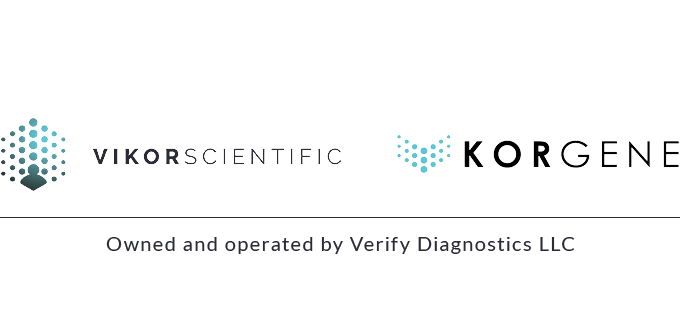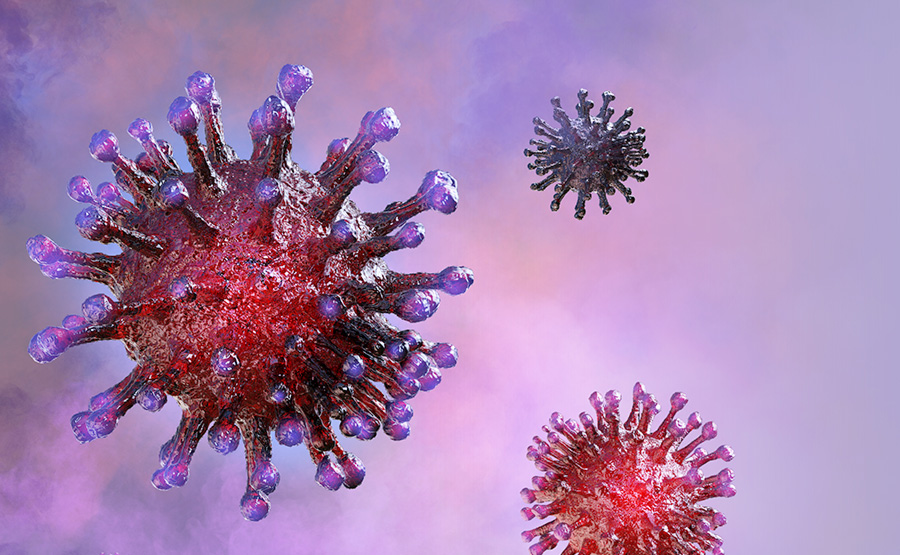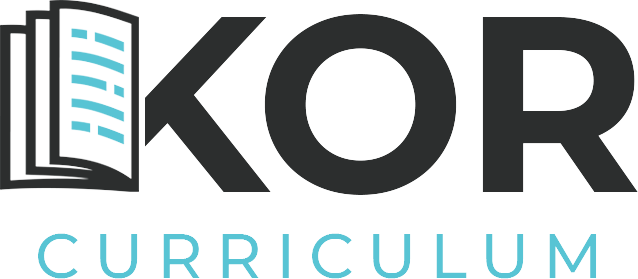Officials have identified a significant amount of cases of COVID-19 infection in the United States, which may pose risks for public health.
COVID-19 is an illness caused by the SARS-CoV-2 virus. The virus, which can cause mild to severe respiratory illness, was first identified in Wuhan, China, and has now spread throughout the United States and globally.
What are the symptoms of COVID-19?
There is limited information available to characterize the spectrum of clinical illness associated with COVID-19 but it likely spreads to others when a person shows signs or symptoms.
Based on what is known about the virus that causes COVID-19, signs and symptoms may appear any time from 2 to 14 days after exposure to the virus. Based on preliminary data, the median incubation period is approximately 4 days. Most patients with confirmed COVID-19 have developed fever and/or symptoms of acute respiratory illness (e.g., cough, difficulty breathing).
Please check the CDC webpage for the most up to date and developing information.
Current information on COVID-19 for healthcare providers is available at CDC’s webpage, Information for Healthcare Professionals (see links provided in “Where can I go for updates and more information” section).
What do I need to know about COVID-19 testing?
The COVID-19 (SARS-CoV-2) test with Vikor Scientific utilizing a real-time reverse transcription polymerase chain reaction (RT-PCR) test intended for the qualitative detection of nucleic acid from SARS-CoV-2 in nasopharyngeal swab. Amplification and detection are performed using the Applied Biosystems™ QuantStudio™ 5 Real-time PCR system, which includes the ExpressionSuite Software v1.3 and Thermo Fisher Scientific TaqMan™ assays.
The TaqPath™ COVID-19 Combo Kit is only authorized for use in laboratories in the United States, certified under the Clinical Laboratory Improvement Amendments of 1988 (CLIA), 42 U.S.C. §263a, to perform high complexity tests.
The TaqPath™ COVID-19 Combo Kit is to be utilized for testing respiratory specimens collected from individuals suspected of COVID-19 by their healthcare provider.
How do I collect a patient specimen to test for COVID-19?
Collection technique may include nasopharyngeal/oropharyngeal or bronchoalveolar lavage.
Specimens should be collected with appropriate infection control precautions. Current guidance for COVID-19 infection control precautions are available at the CDC’s website (see links provided in “Where can I go for updates and more information” section).
Use appropriate personal protective equipment when collecting and handling specimens from individuals suspected of having COVID-19 as outlined in the CDC Interim Laboratory Biosafety Guidelines for Handling and Processing Specimens Associated with Coronavirus Disease 2019 (COVID-19)). For additional information, refer to CDC Interim Guidelines for Collecting, Handling, and Testing Clinical Specimens from Persons Under Investigation (PUIs) for Coronavirus Disease 2019 (COVID-19) (see links provided in “Where can I go for updates and more information” section).
What does it mean if I test positive for the virus that causes COVID-19?
A positive test result for COVID-19 indicates that RNA from SARS-CoV-2 was detected, and the patient is infected with the virus and presumed to be contagious. Laboratory test results should always be considered in the context of clinical observations and epidemiological data in making a final diagnosis and patient management decisions. Patient management should follow current CDC guidelines.
The TaqPath™ COVID-19 Combo Kit used during testing has been designed to minimize the likelihood of false positive test results. However, in the event of a false positive result, risks to patients could include the following: a recommendation for isolation of the patient, monitoring of household or other close contacts for symptoms, patient isolation that might limit contact with family or friends and may increase contact with other potentially COVID-19 patients, limits in the ability to work, the delayed diagnosis and treatment for the true infection causing the symptoms, unnecessary prescription of a treatment or therapy, or other unintended adverse effects.
What does it mean if I test negative for the virus that causes COVID-19?
A negative test result for this test means that SARSCoV-2 RNA was not present in the specimen above the limit of detection. However, a negative result does not rule out COVID-19 and should not be used as the sole basis for treatment or patient management decisions. A negative result does not exclude the possibility of COVID-19.
When diagnostic testing is negative, the possibility of a false negative result should be considered in the context of a patient’s recent exposures and the presence of clinical signs and symptoms consistent with COVID-19. The possibility of a false negative result should especially be considered if the patient’s recent exposures or clinical presentation indicate that COVID19 is likely, and diagnostic tests for other causes of illness (e.g., other respiratory illness) are negative. If COVID-19 is still suspected based on exposure history together with other clinical findings, re-testing should be considered in consultation with public health authorities.
What is the cost of COVID-19 testing?
COVID-19 testing is covered by both federal and commercial payors. Vikor Scientific has established a cash pay price of $100 for COVID-19 testing for uninsured patients.







